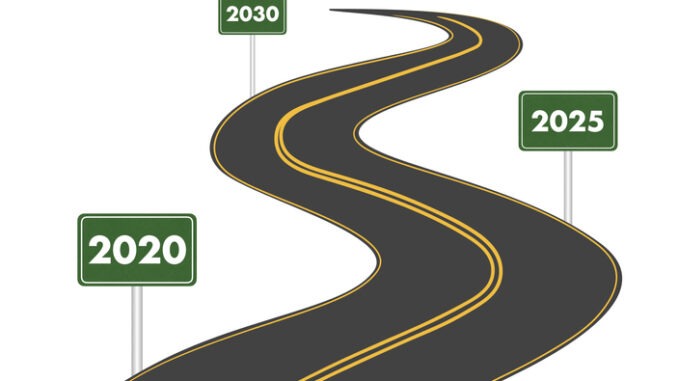As reported by Edie, The Department for Education responds to MP pressure, announcing plans to develop a comprehensive roadmap for achieving net-zero emissions in nurseries, schools, and colleges
Baroness Baran, the Parliamentary Under-Secretary for Education, confirmed her team’s intention to draw up the roadmap in a letter to the Environmental Audit Committee (EAC) of MPs
Such a roadmap will build on guidance already provided to schools and colleges which, at present, is voluntary rather than mandatory to follow.
The EAC wrote to the DfE late last year following meetings with sector experts on whether the UK’s education estate was likely to be decarbonised in line with the nation’s legally binding climate commitments including net-zero by 2050.
Experts told MPs that only one-fifth of the UK’s school estate would likely be net-zero compliant by 2050, due to a lack of comprehensive planning for retrofitting focused on energy efficiency, low-carbon energy use and on-site renewable energy generation.
EAC members were told that a retrofit programme backed with around £2bn annually would be necessary.
Baroness Baran has acknowledged the need to “work through” the DfE’s current approach to retrofitting.
Concerns were also raised through the EAC’s inquiry about a lack of long-term planning for climate adaptation across the UK’s education estate. MPs urged the DfE to set out plans for measuring, forecasting and mitigating risks including flooding, overheating and water scarcity.
To that end, Baroness Baran has stated that the DfE will set out a risk framework this month and a full risk assessment within a year.
EAC chair Philip Dunne MP has welcomed the risk assessment promise and stated that a net-zero roadmap for the estate “will be an invaluable resource” for schools, colleges and policymakers alike.
On the policymaker side, Dunne hopes that Ministers will have more “visibility of the urgent case for significant additional funding for this large element of the public buildings estate.”
The EAC is now calling for the roadmap to be credible, science-based and set specific time-bound targets. Its main concern now surrounds long-term funding for delivery, especially given current concerns that the DfE’s spending plans have not yet ensured sufficient maintenance – let alone retrofitting.
Last autumn, more than 200 UK-based education and childcare establishments were forced to fully or partially close due to the fact that they are fitted with a type of concrete – RAAC – with a higher risk of collapse.
First movers
In the absence of an overarching Government plan for low-carbon schools, the Church of England is developing its own National Framework to get its estate to net-zero by 2030.
It will shortly publish the Framework to all 3,000+ education facilities in its estate, which collectively account for almost half of the Church’s annual emissions.
The Framework will be supported by site-specific audits co-organised by Boards of Education and Multi-Academy Trusts, plus additional funding from the Church. Funding will, in the first instance, be used to explore options for replacing inefficient fossil fuel heating systems.




Be the first to comment